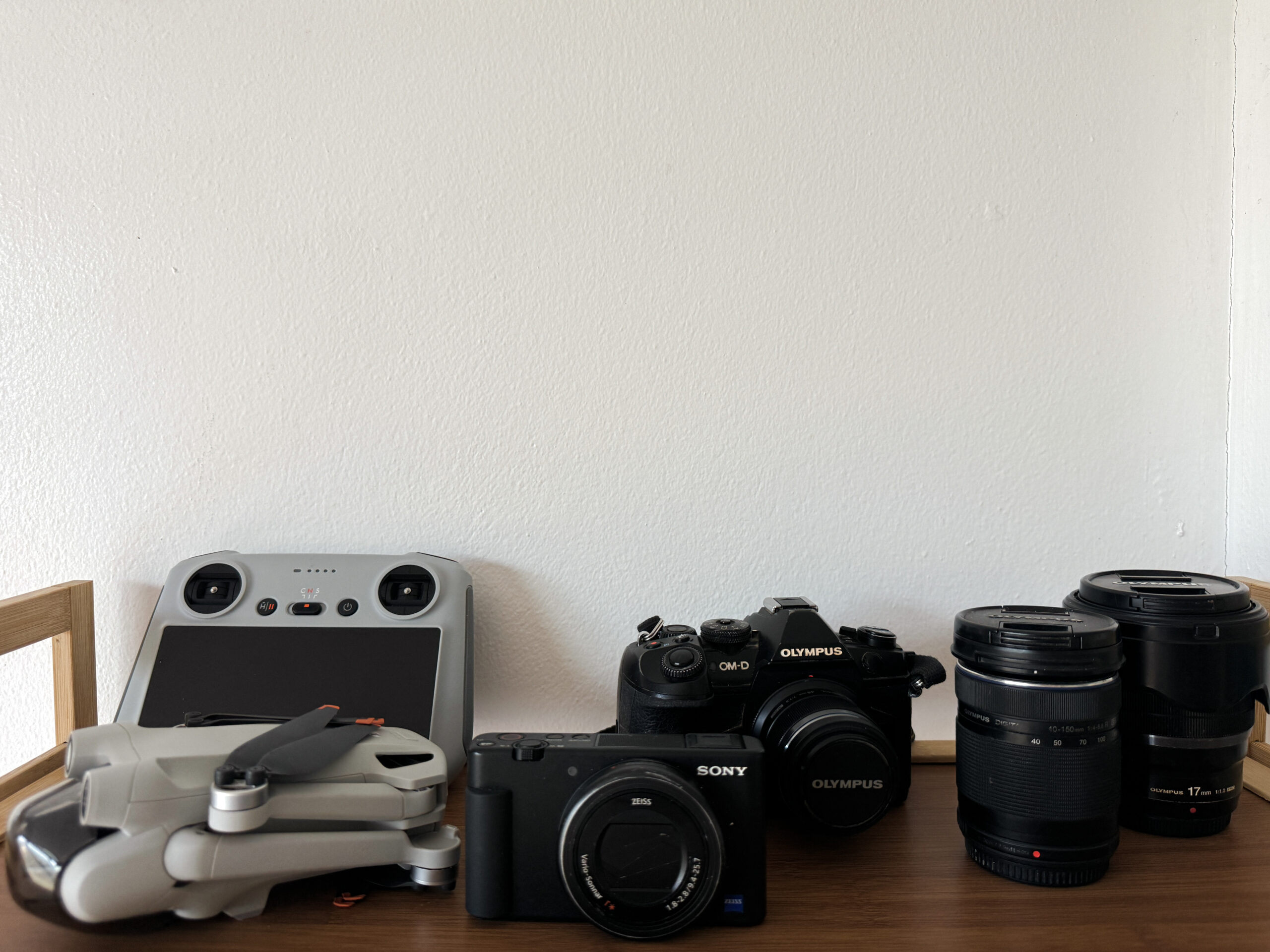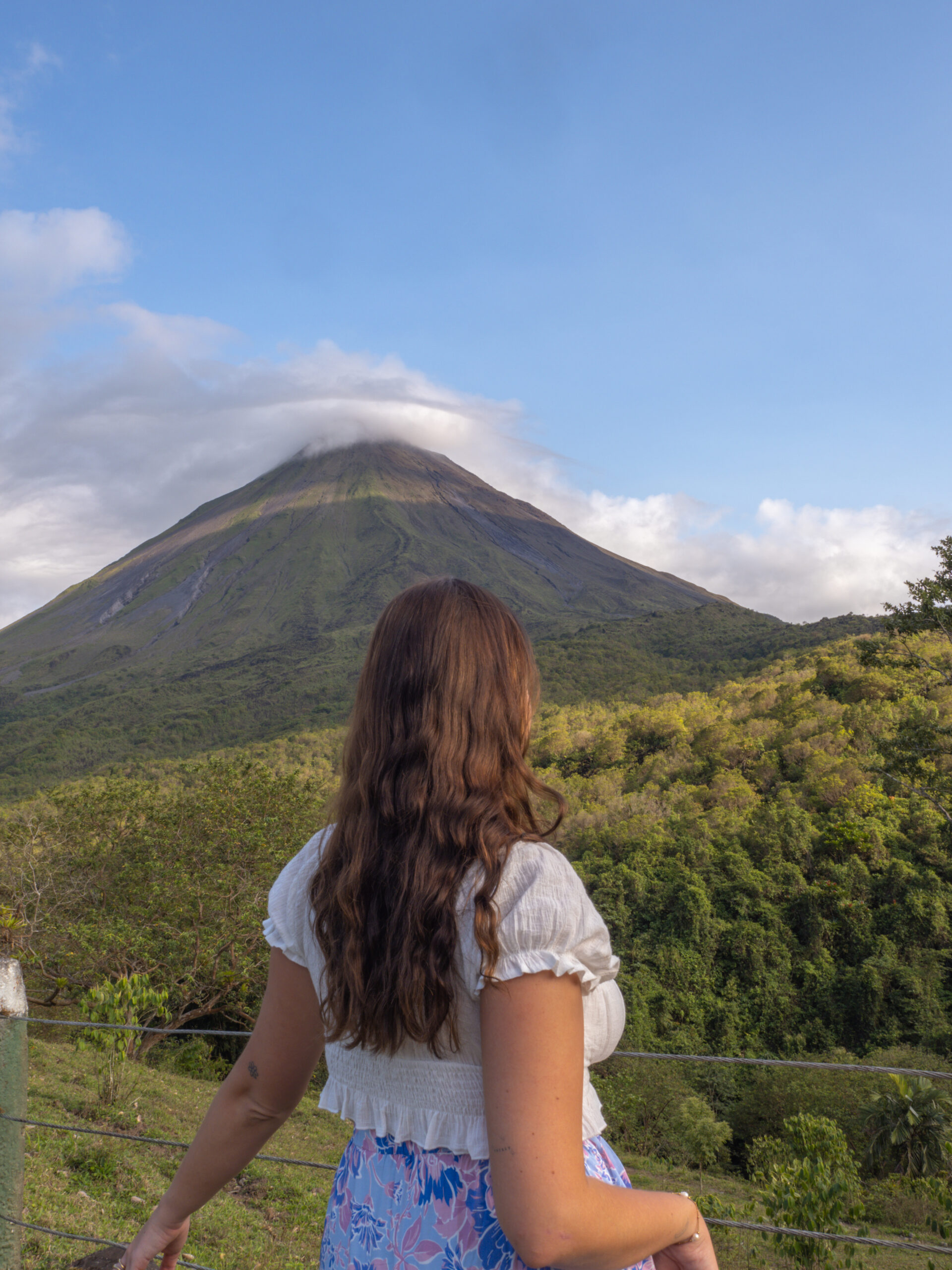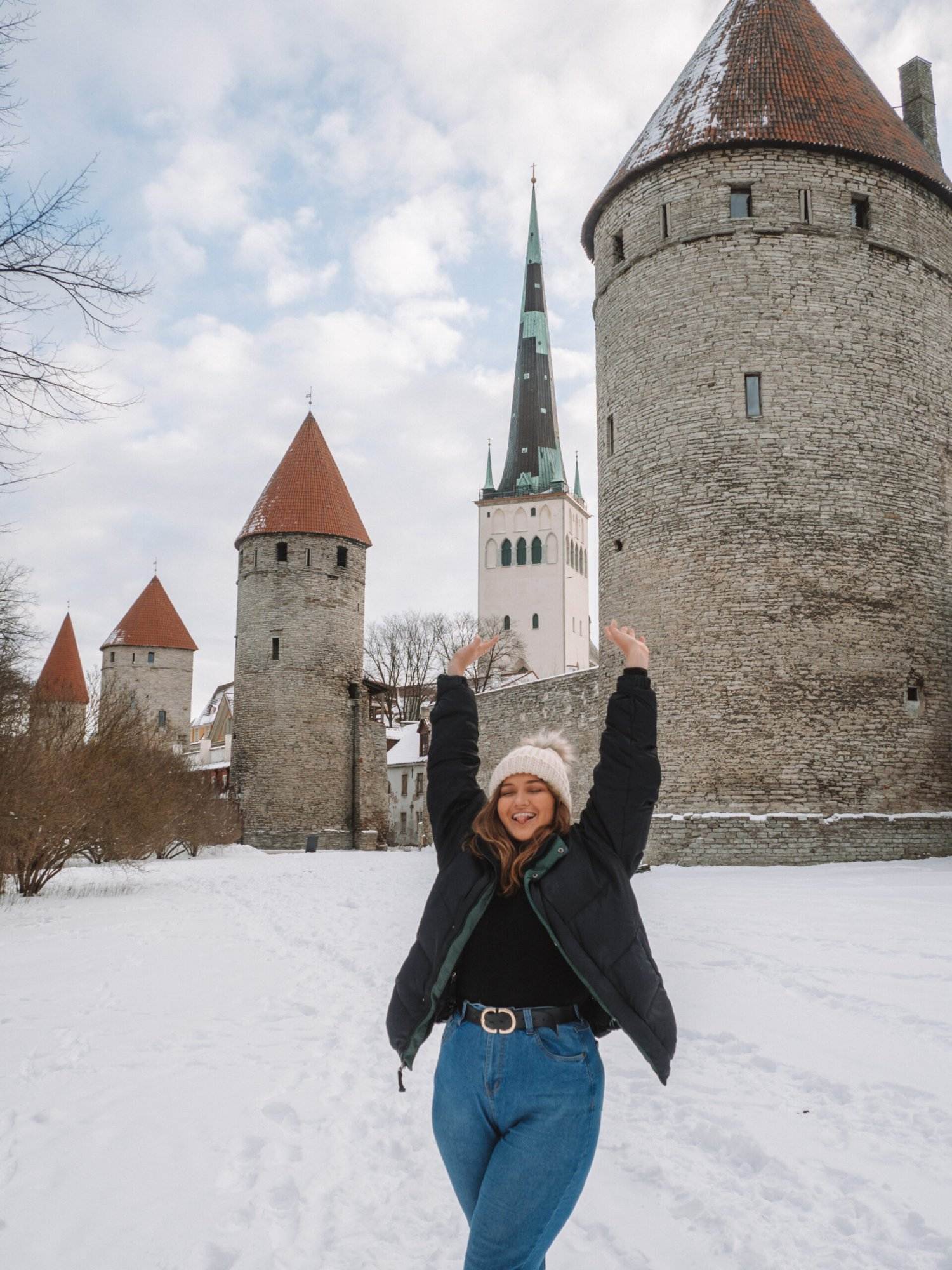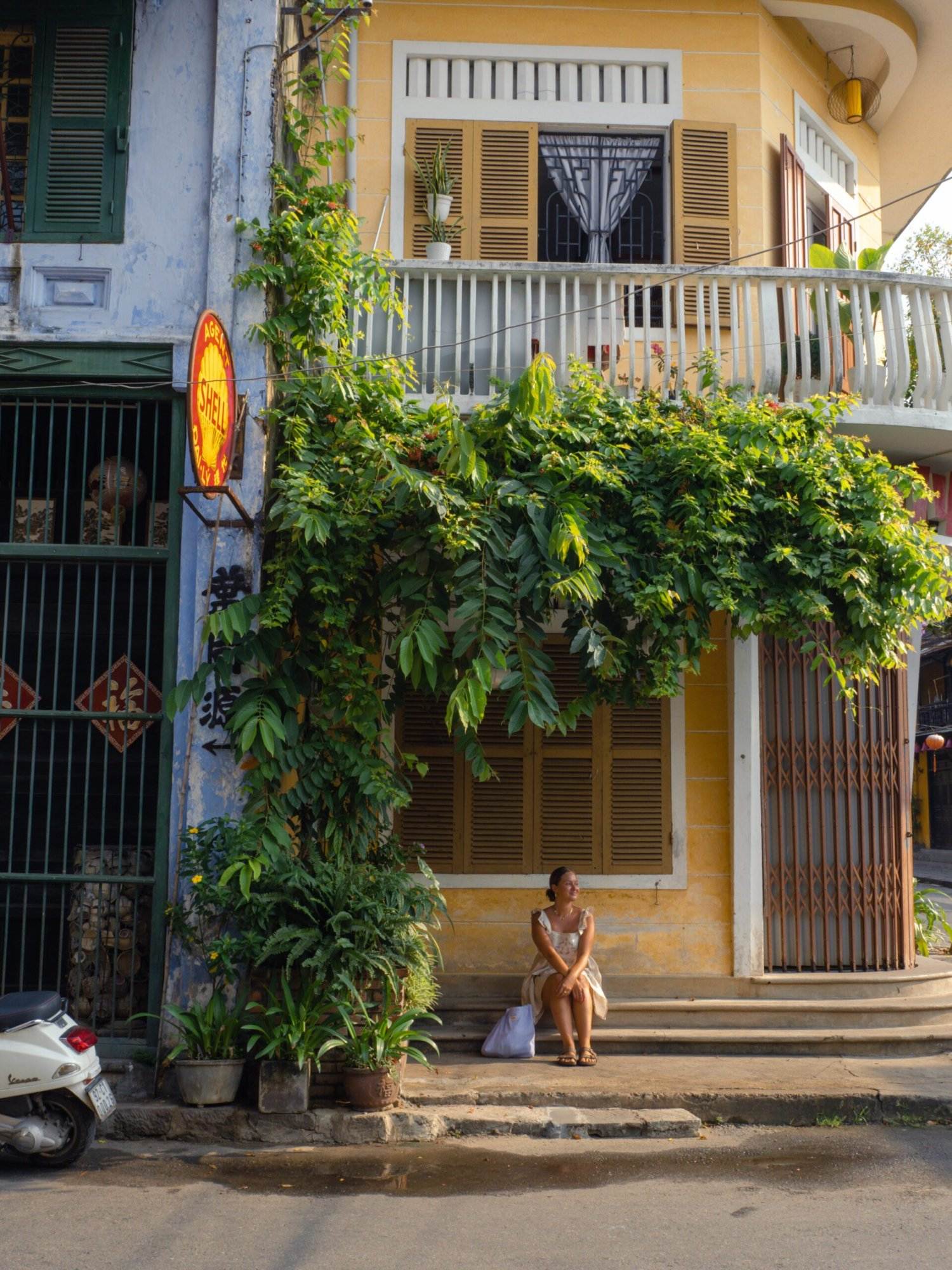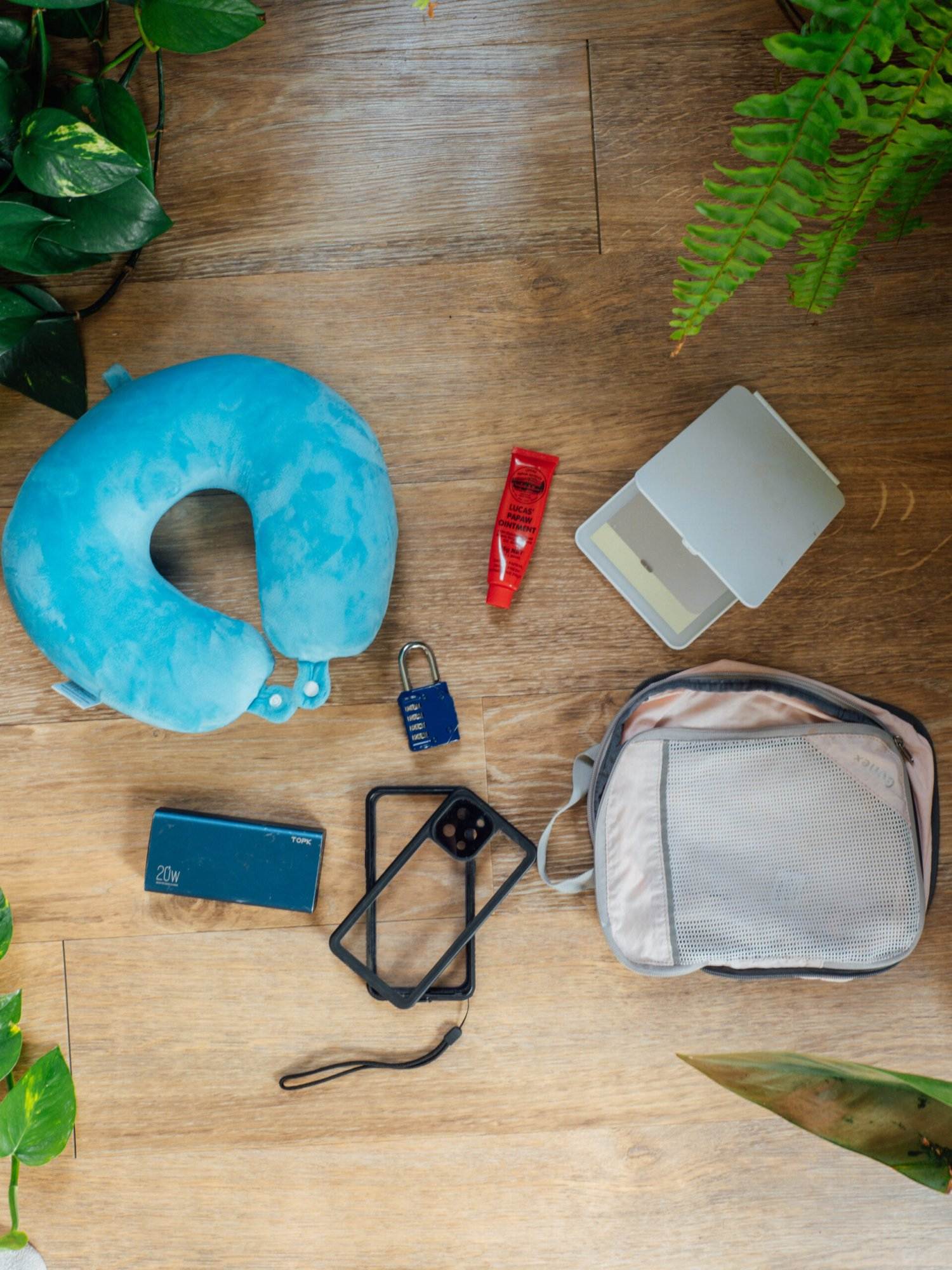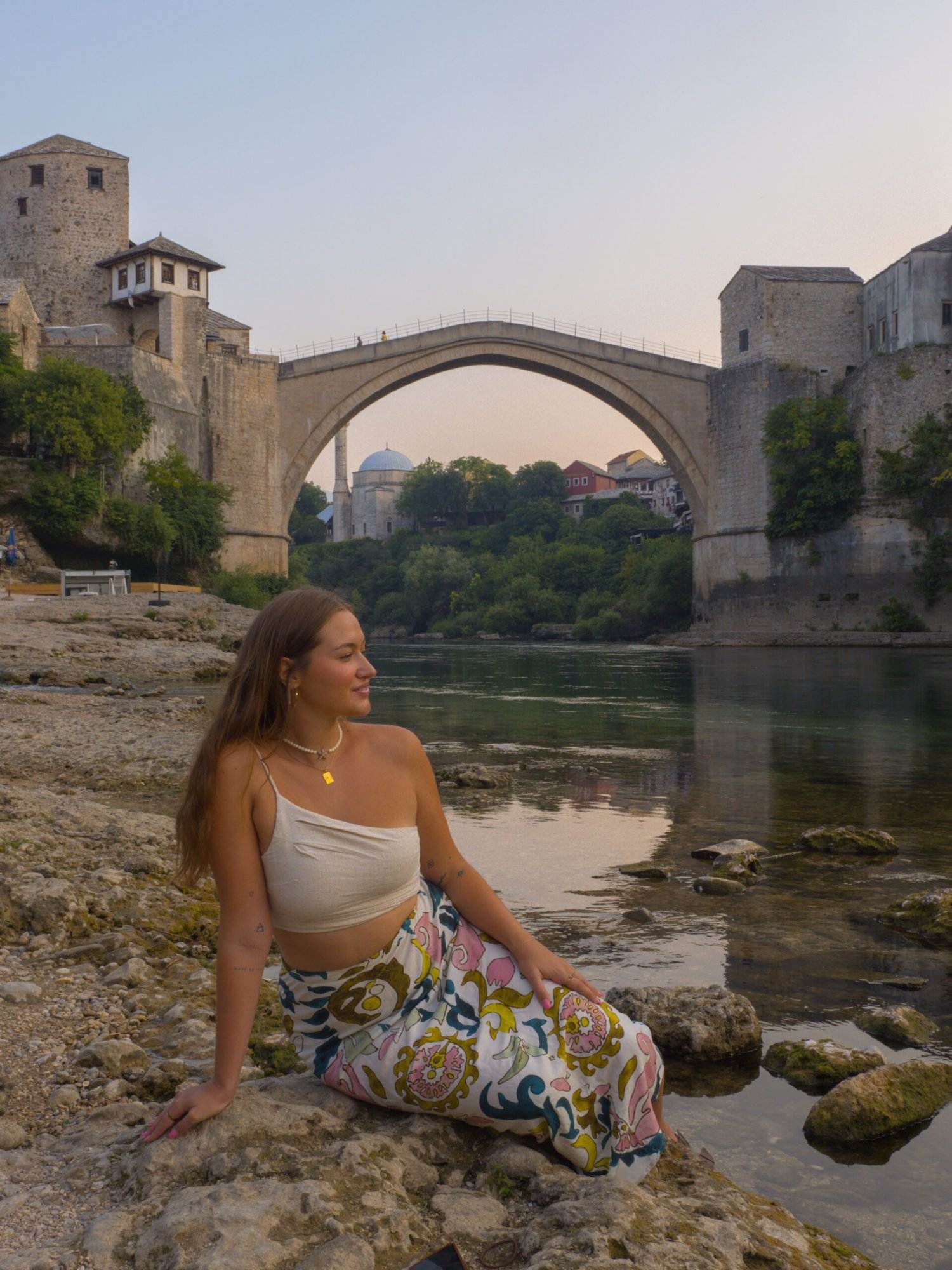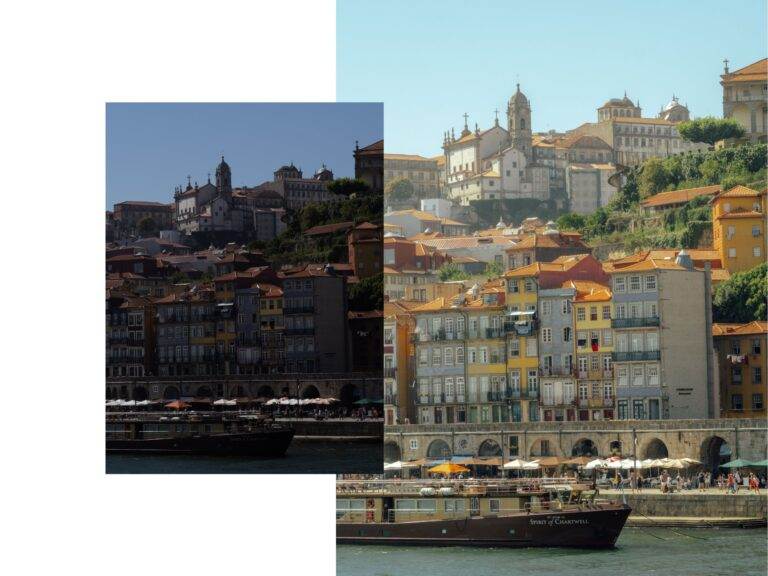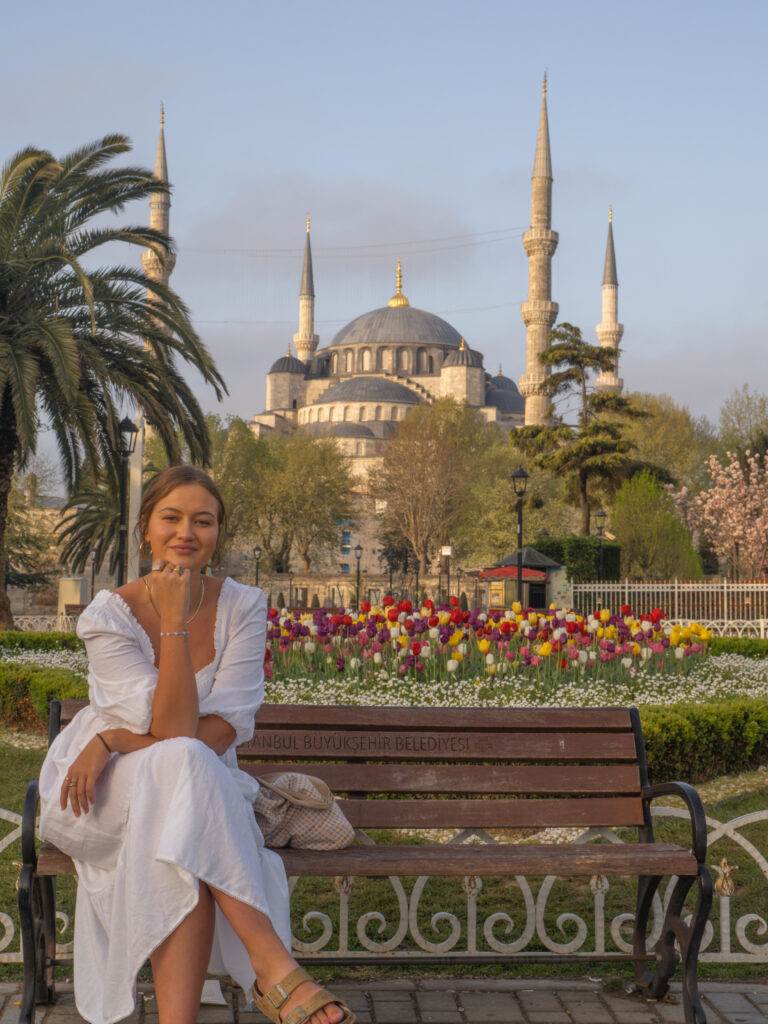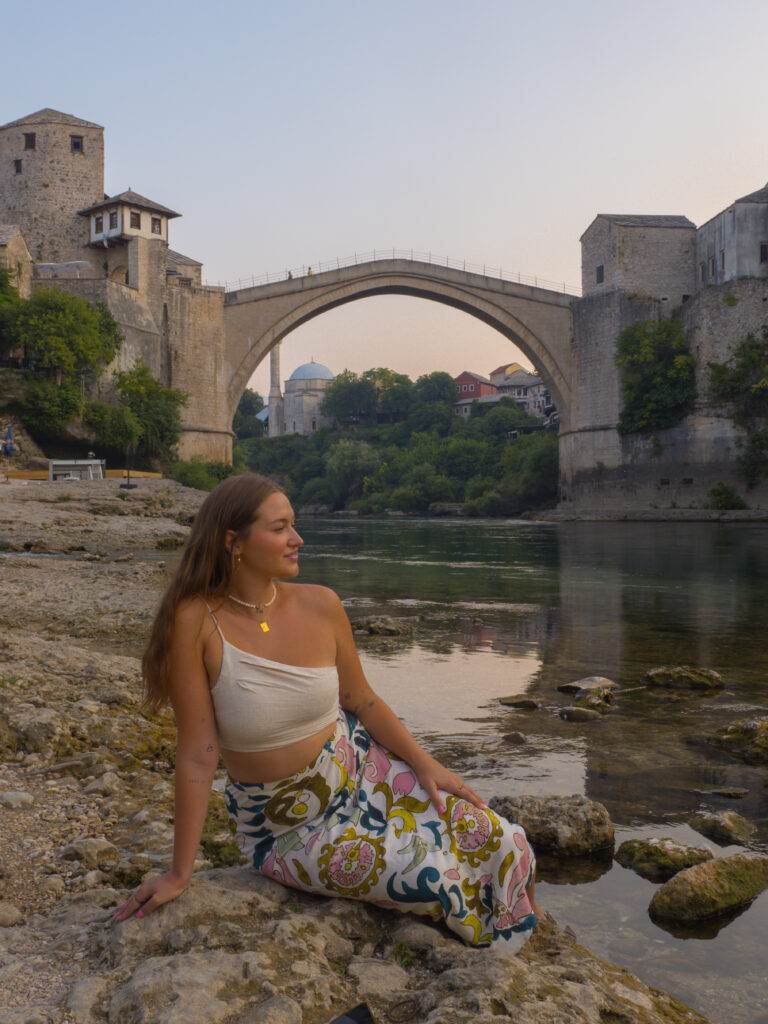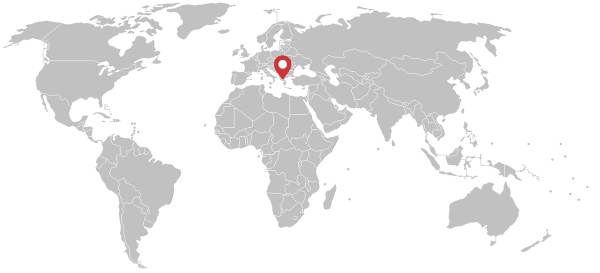
She Travelled the World presets are designed to give you perfect results every time. My custom mobile Lightroom presets are easy to use and adjust, while producing beautiful edits for all your photos.

Latest Posts
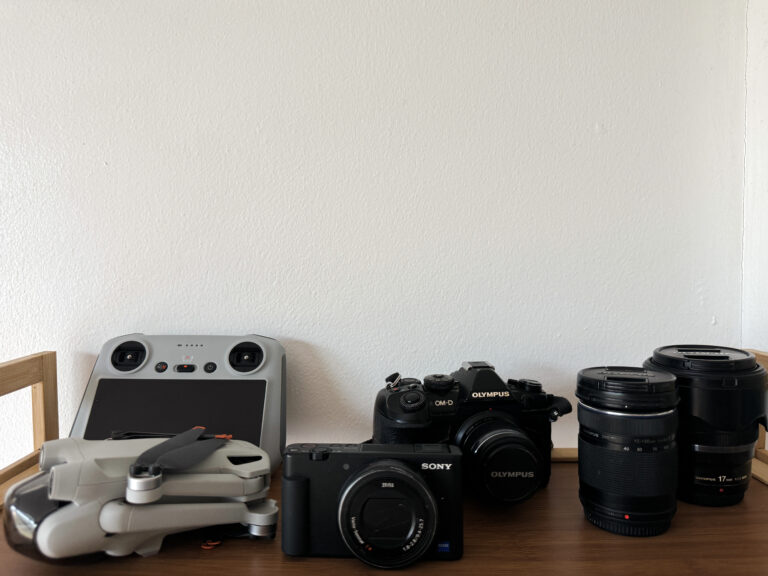
MY CAMERA EQUIPMENT
As a full time Travel Content Creator this is my camera equipment I travel with.
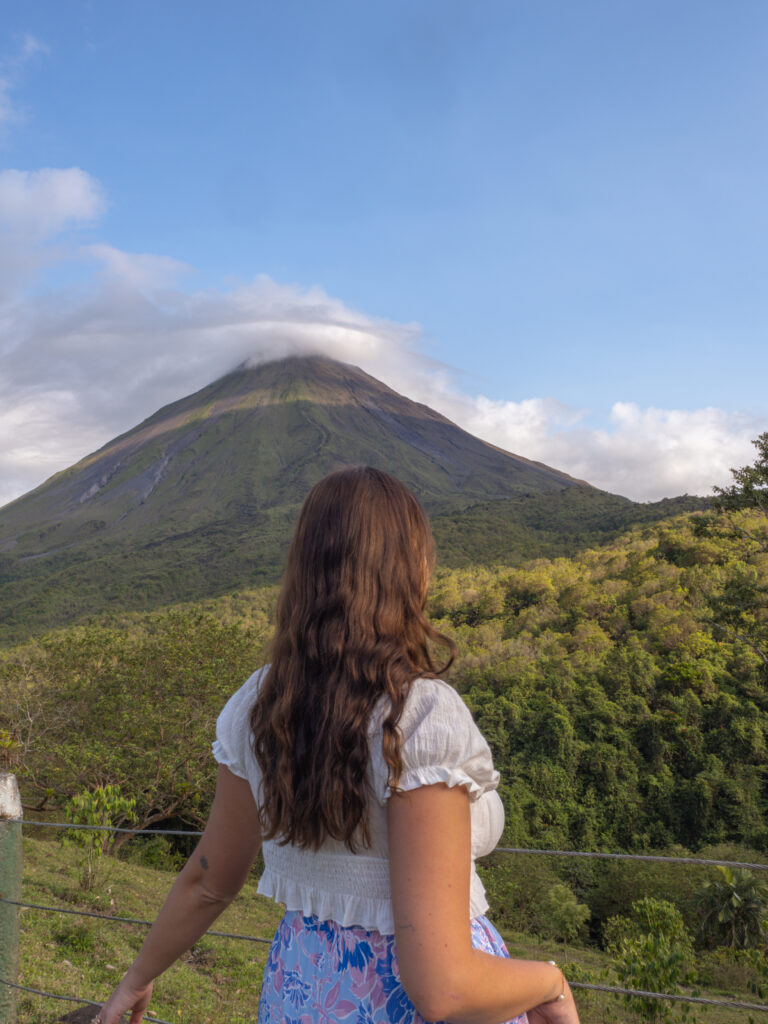
THE 15 BEST FIRST TIME SOLO TRAVEL DESTINATIONS
Solo travel can feel daunting, especially if it’s your first time. That is why, after 7 years of travel and over 60 countries later, I’ve created this list with the 15 best first time solo travel destinations.
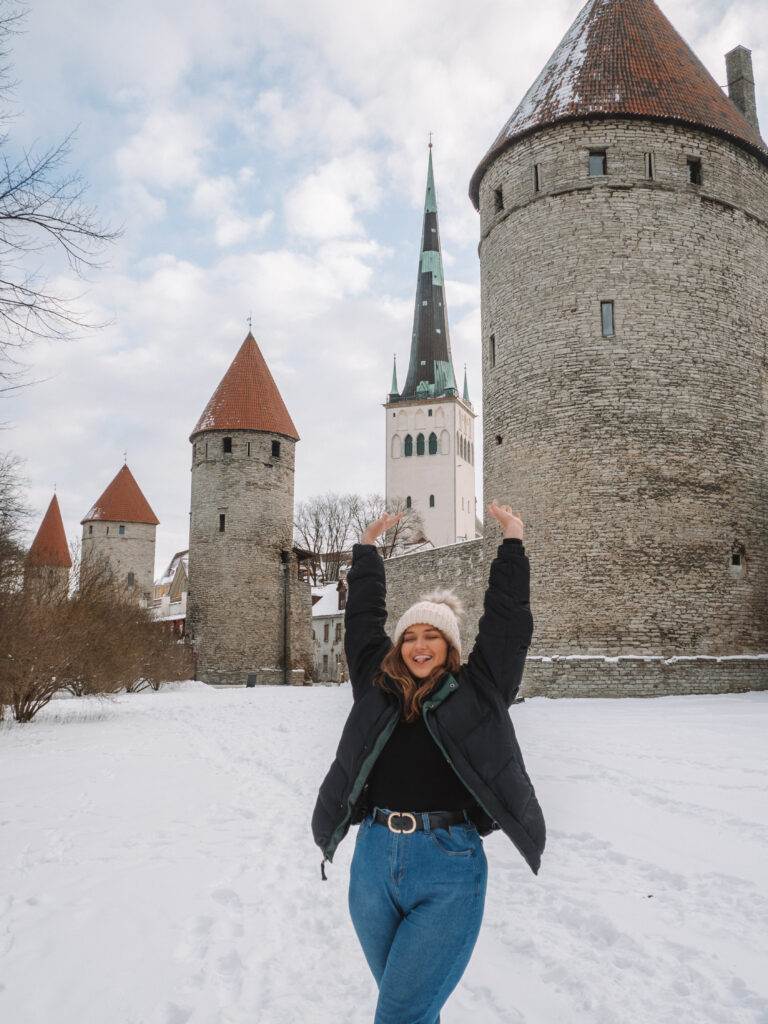
A WEEKEND IN TALLINN, ESTONIA: TRAVEL GUIDE
An unexpecting winter fairytale destination hidden in northern Europe is Tallinn, Estonia. Located right on the Baltic Sea, Estonia’s capital is known as one of Europe’s tech hubs, however, you could never guess that by looking at it. The walled, cobblestoned Old Town holds so much charm and beauty, that I fell in love almost instantly. Tallinn is one of the best winter city breaks in Europe and this travel guide includes everything you need for the perfect weekend.
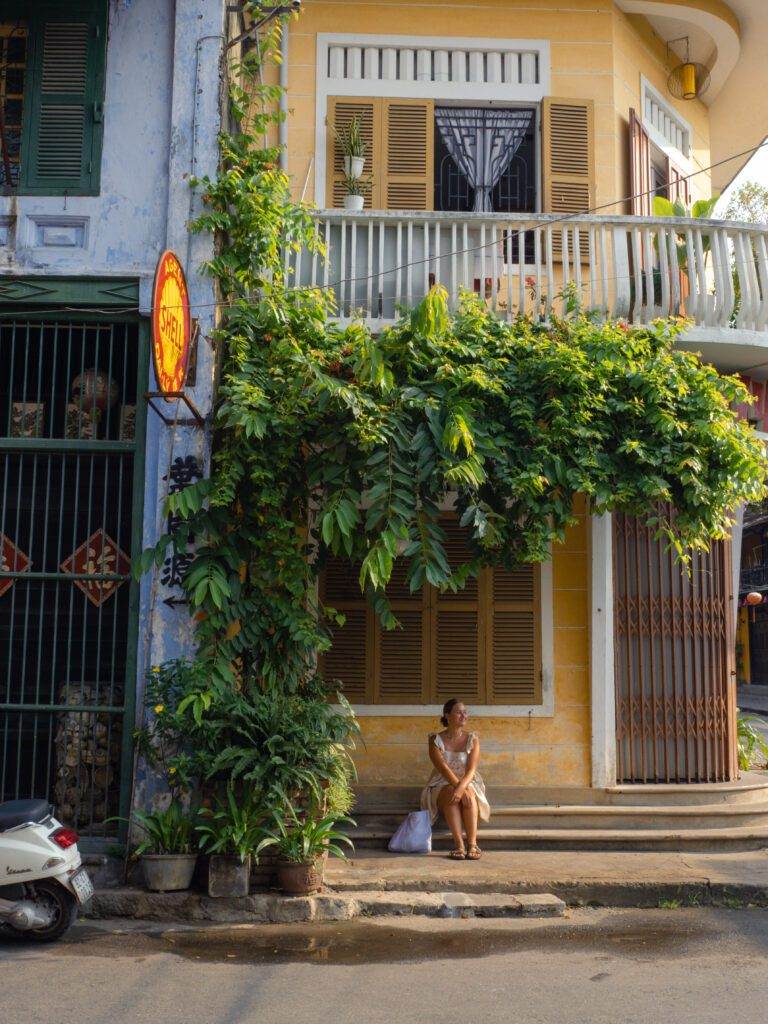
20 PACKING ESSENTIALS FOR SOUTH EAST ASIA
Planning your trip to South East Asia? Here are 20 packing essentials for South East Asia you’ll definitely need for your time there.

HOW TO VISIT WAT SAM PHRAN: THE DRAGON TEMPLE NEAR BANGKOK
Wat Samphran is the mystical, awe inspiring Dragon Temple located just outside of Bangkok city. The pink buddhist temple is one of the best things you can do during your time in Thailand’s capital, but how can you visit Wat Samphran?
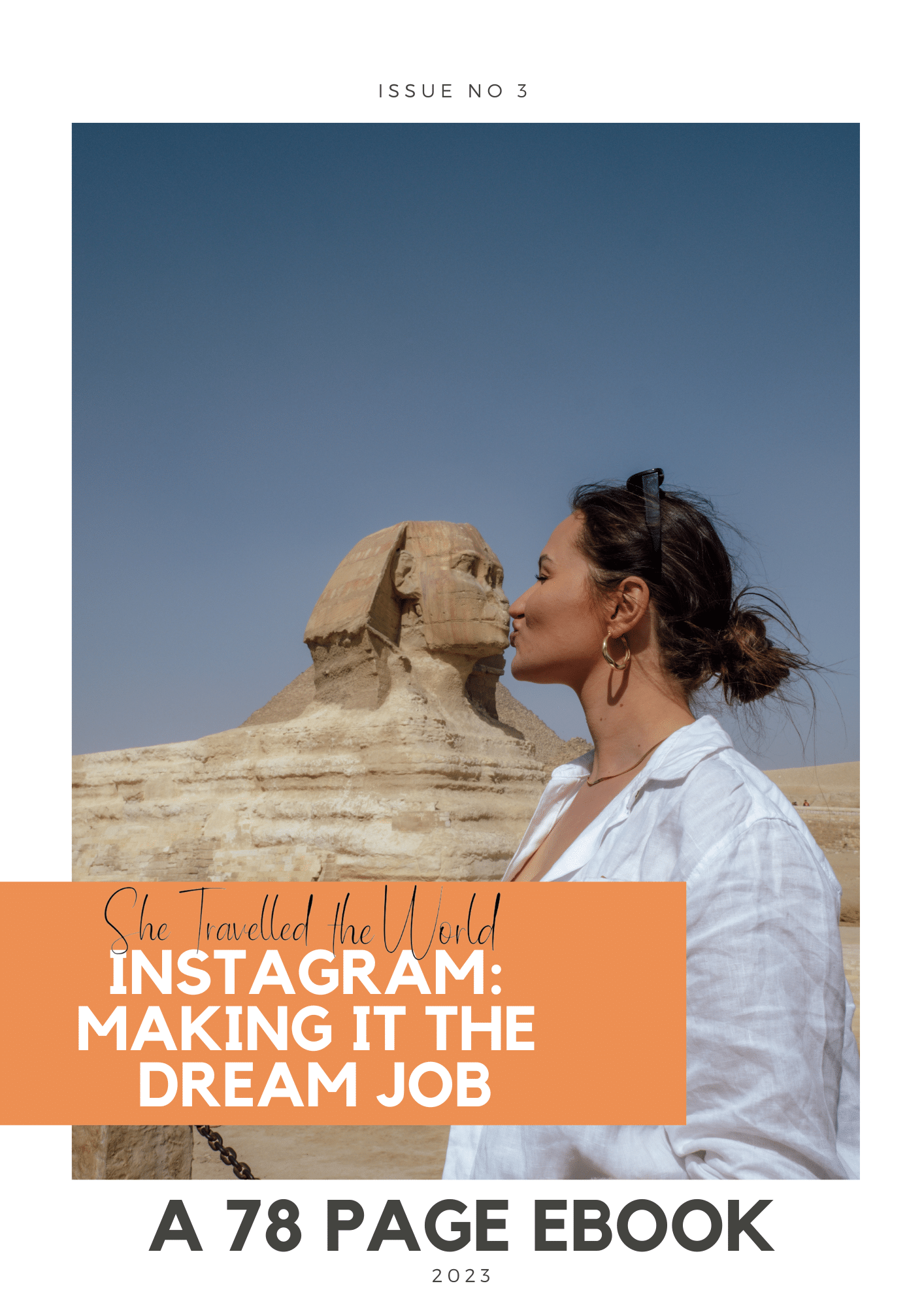
INSTAGRAM: MAKING IT THE DREAM JOB EBOOK
A 78 page eBook with a complete guide on how to create a profitable business through Instagram. Turn your life into an adventure and become your own boss
THE 'AURA' LIGHTROOM MOBILE PRESET COLLECTION
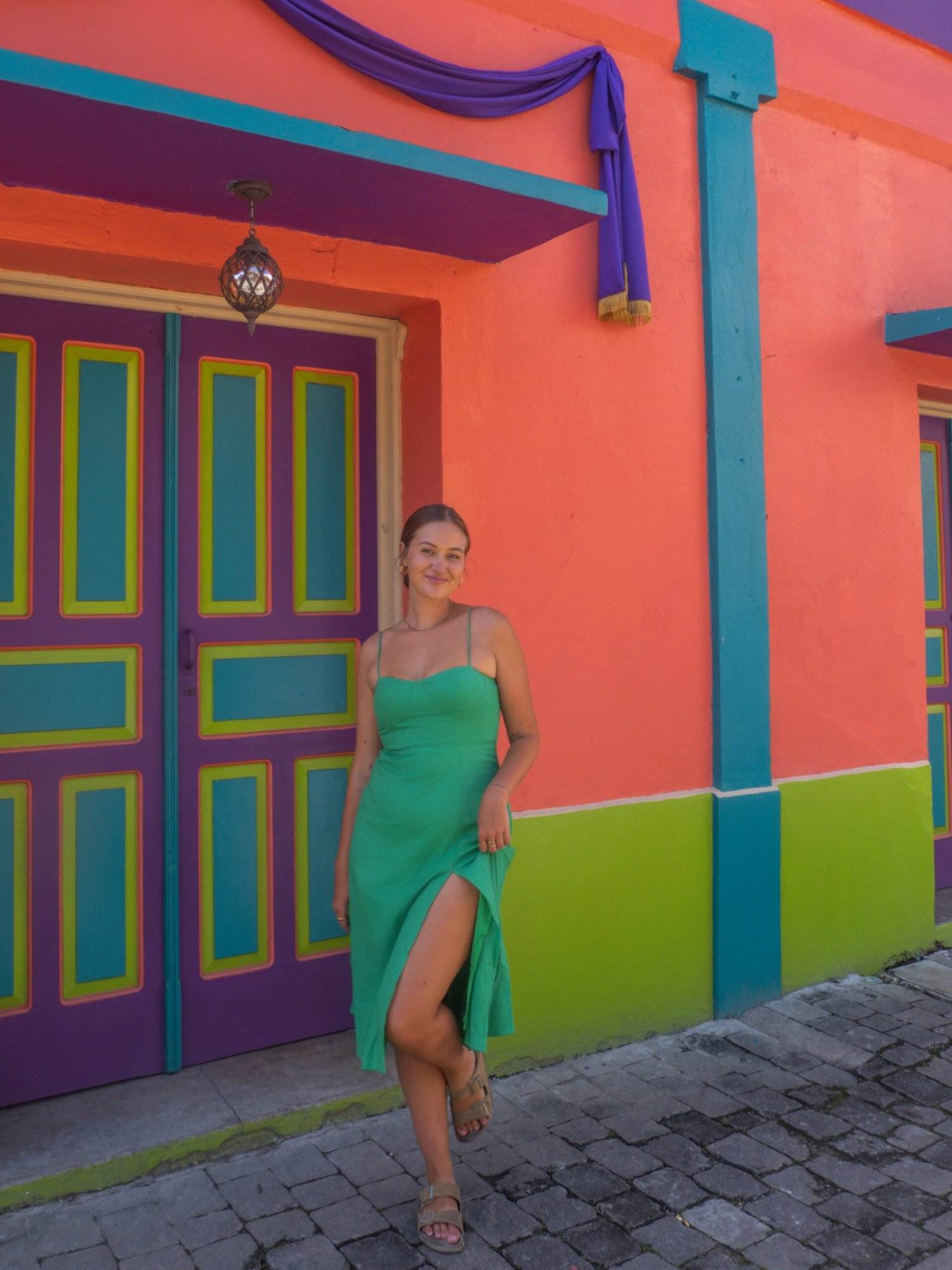
Meet Courtney
From a young age I was immersed in the world of travel. Born in the UK and growing up in Australia, with Kiwi parents, travelling has always been such a big part of my life. After finishing school I worked two jobs at a cafe and fish and chip shop to save enough to move back to the UK in pursuit of my love for travel.
In 2016 I took my first backpacking trip and the following year embarked on my first solo trip. Solo travel was unlike anything else I’d experienced, freeing exhilarating and completely. terrifying. Over the years solo travel became more and more important in my life, and now I can’t imagine life without it.

